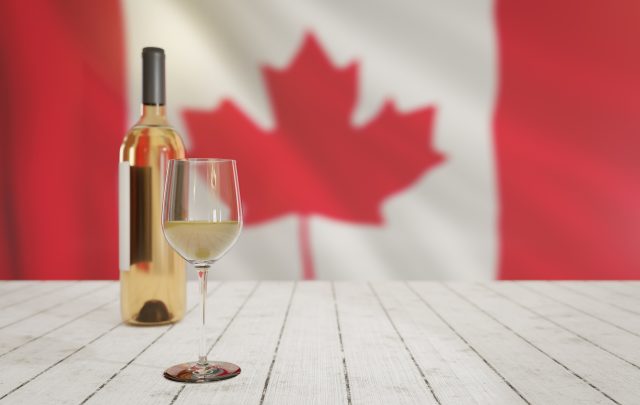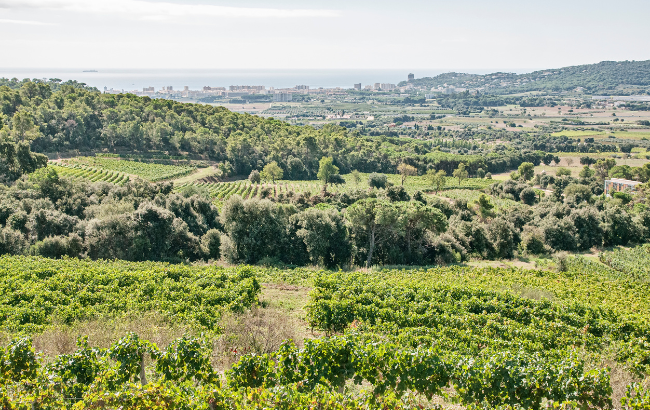British Columbia predicts 50% fall in wine production following extreme weather
By Alice WadeWine production in the Canadian province of British Columbia could be halved this year following a prolonged cold snap in December, Wines of British Columbia (WGBC) has said.

A two-day cold snap in December saw temperatures dip below -20ºC across Okanagan Valley, the Canadian province’s main wine producing region. The majority of black grape varieties, which require a lot of heat and sunlight, are grown here.
WGBC initially forecast a 39% to 56% drop in production following the harsh conditions last year.
According to CBC, Miles Prodan, CEO of the organisation, said that “up to half of the grapes will not bear fruit this year” and that this was a “huge concern”.
Other regions across Canada have also been affected by the December freeze with CA$15 million emergency funding pledged to support wine producers in Ontario’s Niagara region of Nova Scotia.
WGBC has said that yields were down 30% over the last seven to eight years, CBC has reported. This follows recent extreme weather which has impacted grape production.
Researchers have been able to assess cold damage to grapevines by examining the buds which remain dormant over the winter.
Partner Content
Ben-Min Chang, grapevine physiologist from Agriculture and Agri-Food Canada, has said some other regions which saw even more extreme temperatures of -30ºC will likely see 100% of buds damaged.
Damage is caused by ice forming and then bursting within the cells of buds resulting in the crop dying.
As a result, growers are considering a replanting programme that would introduce a more weather resistant crop.
The impact on the 2023 vintage and subsequent reduction in volumes will have a delayed effect on consumers, with the majority of white wines hitting the shelves next year, followed by reds the year after.
Some are concerned about the effect on tourism in the area. The wine industry in British Columbia reportedly generates 12,000 jobs and CA$3 billion dollars for the province.
Prodan warned of the trickle down effect on jobs in restaurants and hotels who could lose out because of short crops causing a reduction in wine available to sell.
Related news
The winemaking nations hit hardest by Trump tariffs
Hospices de Nuits-Saint-Georges auction: bucking the trend
‘Liberation Day’ or liquor lockdown? Trump’s tariffs rattle the wine & spirits world




